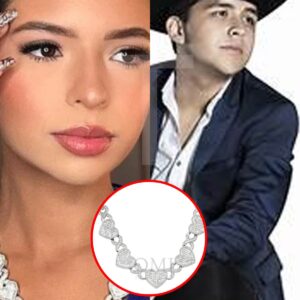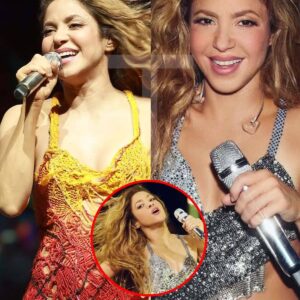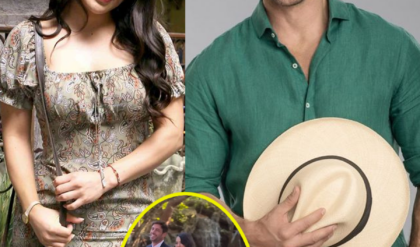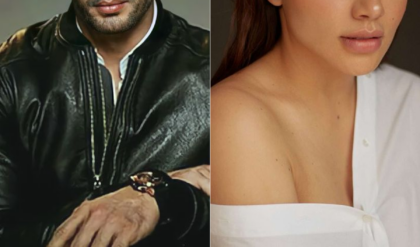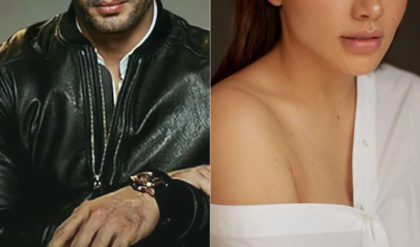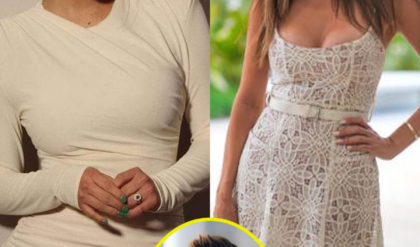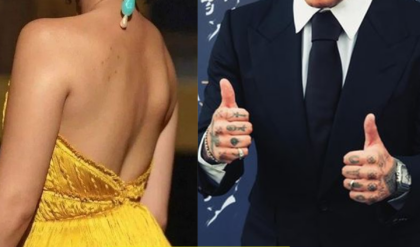
In a recent interview with UPROXX, WNBA rookie Cameron Brink has come to the defense of fellow rookie Caitlin Clark, the No. 1 overall pick in the Draft, amidst the intense scrutiny Clark has faced at the start of her professional career. Clark, a former Iowa standout, has been under the spotlight not only for her performance on the court but also for issues related to her race and sexuality.
Clark’s transition to the WNBA has been anything but smooth. Her challenges were highlighted during a recent game where she was bodychecked by Chennedy Carter, which many viewed as a targeted attack. Following that incident, Clark managed only three points in the subsequent game against the New York Liberty, sparking further debate about the pressures rookies face.
Brink, who herself faced Clark in the highly anticipated matchup between the Indiana Fever and the LA Sparks, criticized the prevailing narrative that pits veteran players against newcomers. The 22-year-old emphasized the unrealistic expectations placed on rookies to perform flawlessly from the start.

“The most tired narrative is that the vets are against the rookies — this old-school versus new-school narrative — and the narrative that the rookies need to be perfect,” Brink stated. “I feel like Caitlin Clark has that the worst right now, but even I get that. We’re expected to be perfect. It’s freaking exhausting.”
Brink pointed out that both she and Clark were drafted by teams coming off losing seasons, which adds to the pressure but is also part of the learning process. She called for a more realistic understanding of basketball and the challenges new players face.
The incident with Carter ignited discussions about whether Clark is being targeted due to her race and the attention she receives. Critics argue that Clark benefits from “white and feminine privilege,” receiving more favorable attention than her peers. Brink, acknowledging this, spoke about the inherent privilege she and Clark possess due to their appearance.
“I will acknowledge there’s a privilege for the younger white players of the league. That’s not always true, but there is a privilege that we have inherently, and the privilege of appearing feminine,” Brink explained. She called for greater acceptance of all players, regardless of their appearance or gender identity.

Clark’s rise in popularity, which began in college, has brought increased attention to the WNBA. However, this attention has also led to criticism, with some attributing her popularity to her race and appearance. On a recent episode of The View, Sunny Hostin suggested that Clark’s marketability is enhanced by her being white, straight, and benefiting from “pretty privilege.” Similarly, Jemele Hill, writing for The Atlantic, noted that race and sexuality play a role in Clark’s popularity.
Despite the criticism, figures like NBA legend Charles Barkley and Barstool Sports founder Dave Portnoy have defended Clark against what they view as unfair attacks.
As the debate continues, Brink’s support highlights the need for a more inclusive and understanding fan base that supports players for their skills and contributions to the game, rather than their appearance or background.
News
¿Regalo de Christian Nodal? Descubre el Precio del Exclusivo Collar de Diamantes Favorito de Ángela Aguilar
La joven cantante deslumbró al lucir un resplandeciente accesorio, el cual además combina con el espléndido anillo de compromiso que recibió en su boda Ángela Aguilar tiene un llamativo collar de corazones hecho con diamantes y oro blanco Instagram Aunque…
FOTOS: Shakira Inicia su Preparación para el Próximo Tour y Muestra los Primeros Detalles
Shakira dará inicio a su gira “Las Mujeres Ya No Lloran World Tour” en noviembre próximo. Se espera que Shakira anuncie sus shows para Latinoamérica, Europa y el resto del mundo en las siguientes semanas. Crédito: Mezcalent A unos meses…
Con el Estreno de su Serie, Chiquis Rivera Habla de Sus Planes de Luna de Miel y del Dolor por la Pérdida de su Bebé
© ViX Sus padres, la boda sorpresa con Emilio Sánchez y la paz interna que siente en este momento de su vida: la cantante lo cuenta todo en ‘Chiquis, Sin Filtro’ La espera ha terminado, y a partir de este…
Conoce a Emiliano, el Hermano Menos Conocido de Ángela Aguilar que Aspira a un Dueto con Cazzu
Emiliano, hermano poco conocido de Ángela Aguilar quiere cantar a dueto con Cazzu. Foto: AFP Emiliano Aguilar, el hermano poco conocido de Ángela Aguilar, ha empezado a atraer la atención del público con su carrera musical, sobre todo por su deseo de colaborar y cantar a dueto con Cazzu. El…
Aracely Arámbula Recibe Críticas y Comparaciones con Irina Baeva
La nueva obra de Aracely Arámbula no ha tenido muy buen recibimiento y ha tenido opiniones negativas muy similares a las de Irina Baeva Aracely Arámbula. Crédito: Mezcalent ‘Perfume de Gardenia’ fue estrenada el pasado 10 de agosto, obra que cuenta…
¡Romance a la Mexicana! Christian Nodal y Ángela Aguilar Comparten Detalles de sus Tiernas Vacaciones Familiares
© @nodal Los recién casados disfrutan de unos días por el Caribe mexicano junto a la dinastía Aguilar A tan solo unos días de que se cumpla un mes de la boda entre Ángela Aguilar y Christian Nodal, la pareja continúa disfrutando de su tour del…
End of content
No more pages to load
